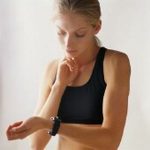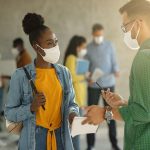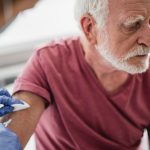
Despite being locked down during the pandemic, child care responsibilities often fell on women’s shoulders, a new study shows. “Most people have never undergone anything like this before, where all of a sudden they can’t rely on their normal child care, and most people’s work situation has changed, too,” said researcher Kristen Shockley, an associate professor of psychology at the University of Georgia. “We thought this would be a chance for men to step in and partake equally in child care, but for many couples we didn’t see that happen.” In mid-March, as schools and day care centers shut down, Shockley’s team surveyed couples, both of whom worked and had at least one child under the age of 6. The team researchers first surveyed 274 couples and followed up with 133 of the same couples in May. “When the wife does it all, not surprisingly, the outcomes are bad for the couple,” Shockley said in a university news release. “It’s not just bad for the wife, it’s also bad for the husband, including in terms of job performance although his work role presumably hasn’t changed. When one person’s doing it all, there’s a lot of tension in the relationship, and it’s probably spilling over into the husband’s ability to focus at work.” Although about 37% of couples relied on the wife to provide most or… read on > read on >














